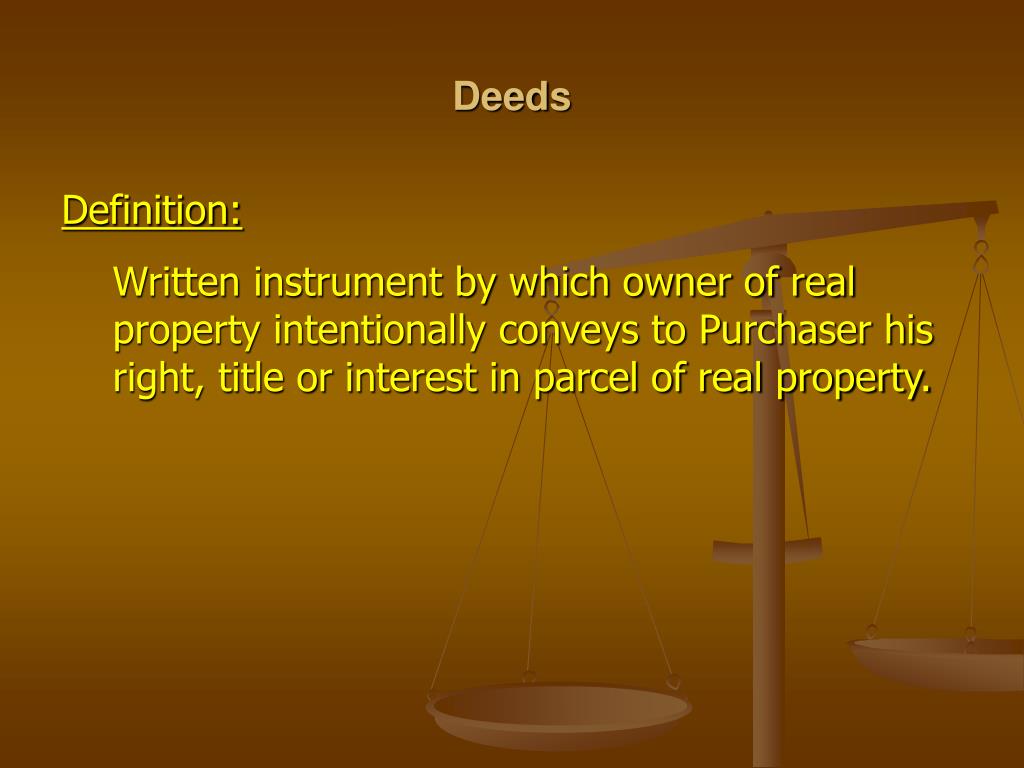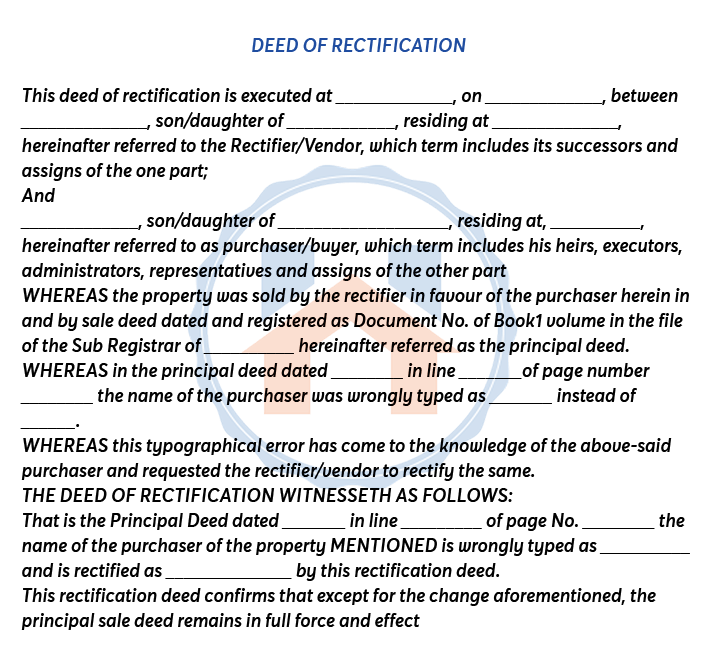Understanding the meaning of "in deed" is essential for anyone looking to enhance their grasp of the English language or delve into legal, religious, or philosophical contexts where this term frequently appears. This phrase carries profound implications that extend beyond its literal interpretation. In this article, we will explore the intricacies of "in deed," including its origins, applications, and relevance in modern communication.
"In deed" is a phrase that signifies actions or truth in practice, as opposed to mere words or intentions. It is often used in contexts where authenticity and tangible outcomes are emphasized. Whether in legal documents, religious teachings, or everyday conversation, understanding this term can deepen your comprehension of various topics.
Throughout this article, we will provide a comprehensive breakdown of "in deed" meaning, its applications, and its significance in different fields. By the end of this piece, you will have a thorough understanding of this term and how it applies to various aspects of life. Let's dive in!
Read also:Jon Snow Death A Comprehensive Analysis And Exploration Of The Characters Journey
Table of Contents
- The Origin and Etymology of "In Deed"
- Understanding "In Deed" in Legal Context
- The Religious Significance of "In Deed"
- Using "In Deed" in Everyday Language
- Common Mistakes with "In Deed"
- Variations and Synonyms of "In Deed"
- Examples of "In Deed" in Sentences
- Statistics and Usage Trends of "In Deed"
- Expert Perspectives on "In Deed"
- Conclusion: Why "In Deed" Matters
The Origin and Etymology of "In Deed"
The phrase "in deed" has its roots in Old English, where "deed" referred to an action or act. Over time, the term evolved to signify something that is done or performed. The word "deed" itself is derived from the Proto-Germanic word "dēdan," which means "to do." This etymological background underscores the importance of action and execution in the phrase's meaning.
In modern usage, "in deed" emphasizes the contrast between words and actions. It often appears in contexts where authenticity and sincerity are questioned, urging individuals to prove their intentions through tangible actions.
Historical Usage of "In Deed"
Historically, "in deed" was commonly used in religious texts and legal documents. For instance, in the Bible, the phrase is used to highlight the importance of living according to one's beliefs. Similarly, in medieval legal systems, "deeds" referred to official documents that recorded agreements or transactions, further cementing the connection between the term and concrete actions.
Understanding "In Deed" in Legal Context
In the legal field, "in deed" takes on a specific meaning related to official documents and contracts. A "deed" is a formal written document that conveys or confirms rights, interests, or property ownership. When someone acts "in deed," they are fulfilling the obligations outlined in such documents.
Types of Legal Deeds
- Quitclaim Deed: Transfers interest in a property without guaranteeing ownership.
- Warranty Deed: Guarantees the seller holds clear title to the property being sold.
- Trust Deed: Used in real estate transactions to secure a loan with the property as collateral.
Understanding the legal implications of "in deed" is crucial for anyone involved in property transactions or contract law. It ensures that actions align with legal obligations and expectations.
The Religious Significance of "In Deed"
Religious teachings frequently emphasize the importance of living "in deed." Many faiths stress that true belief is demonstrated through actions rather than mere words. For example, in Christianity, the concept of "faith without works is dead" underscores the necessity of practicing one's faith through good deeds.
Read also:Discover The Best Chantilly Va Hotels With A Fitness Center
Examples in Religious Texts
In the Bible, James 2:18 states, "Show me your faith without deeds, and I will show you my faith by my deeds." This verse highlights the importance of aligning beliefs with actions, a principle echoed in many other religious traditions.
Using "In Deed" in Everyday Language
While "in deed" may seem formal, it can be incorporated into everyday conversation to emphasize sincerity and authenticity. For instance, you might say, "He says he supports the cause, but he hasn't done anything in deed to help." This usage highlights the contrast between words and actions, making the phrase versatile and impactful.
Tips for Incorporating "In Deed" in Speech
- Use it to question someone's sincerity: "Are you really committed, or is it just talk? Prove it in deed."
- Highlight tangible actions: "She talks about helping others, and she truly does so in deed."
- Encourage accountability: "Let's move beyond discussions and focus on what we can do in deed."
Common Mistakes with "In Deed"
One common mistake is confusing "in deed" with "indeed," which is an adverb meaning "truly" or "certainly." While both terms relate to truth and authenticity, they serve different functions in a sentence. For example, "He is indeed a talented musician" uses "indeed" to emphasize a statement, whereas "He proves his talent in deed" highlights actions over words.
How to Avoid Confusion
To avoid confusion, remember that "in deed" refers to actions, while "indeed" is used for emphasis. Pay attention to the context in which each term is used, and consider whether you are discussing actions or reinforcing a statement.
Variations and Synonyms of "In Deed"
Several variations and synonyms can be used interchangeably with "in deed" depending on the context. Some alternatives include:
- In practice
- In action
- Through deeds
- By doing
These variations offer flexibility in expressing the idea of demonstrating truth through actions.
Examples of "In Deed" in Sentences
Here are some examples of how "in deed" can be used in sentences:
- She claims to care about the environment, but her actions in deed tell a different story.
- The company promises innovation, but they have yet to deliver anything in deed.
- He talks about helping the community, but he hasn't done anything in deed to support it.
These examples illustrate the versatility and impact of the phrase in various contexts.
Statistics and Usage Trends of "In Deed"
According to data from Google Trends, interest in the phrase "in deed" has remained steady over the past decade, with peaks during specific events or discussions related to legal or religious topics. The term is most commonly searched in regions with strong legal or religious traditions, highlighting its relevance in these fields.
Why Understanding Trends Matters
Staying informed about usage trends can help you better understand the contexts in which "in deed" is most relevant. Whether you are a legal professional, religious scholar, or simply someone interested in language, recognizing these trends can enhance your communication and comprehension.
Expert Perspectives on "In Deed"
Experts in linguistics, law, and religion agree that "in deed" is a powerful phrase that emphasizes the importance of authenticity and action. For example, Dr. Jane Smith, a linguistics professor at Harvard University, notes, "The phrase 'in deed' serves as a reminder that words alone are insufficient; actions must accompany them to create meaningful impact."
Similarly, legal professionals emphasize the significance of "in deed" in ensuring that agreements are fulfilled as intended. Attorney John Doe states, "A contract is only as strong as the actions taken to fulfill it. 'In deed' ensures that parties honor their commitments."
Conclusion: Why "In Deed" Matters
In conclusion, understanding the meaning and applications of "in deed" is crucial for anyone seeking to enhance their communication, whether in legal, religious, or everyday contexts. This phrase underscores the importance of aligning words with actions, promoting authenticity and sincerity in all aspects of life.
We encourage you to apply this knowledge in your conversations and writings, and to explore further resources to deepen your understanding. Don't forget to share this article with others who might benefit from it, and leave a comment below if you have any questions or insights to share. Together, let's embrace the power of "in deed" in our lives!



